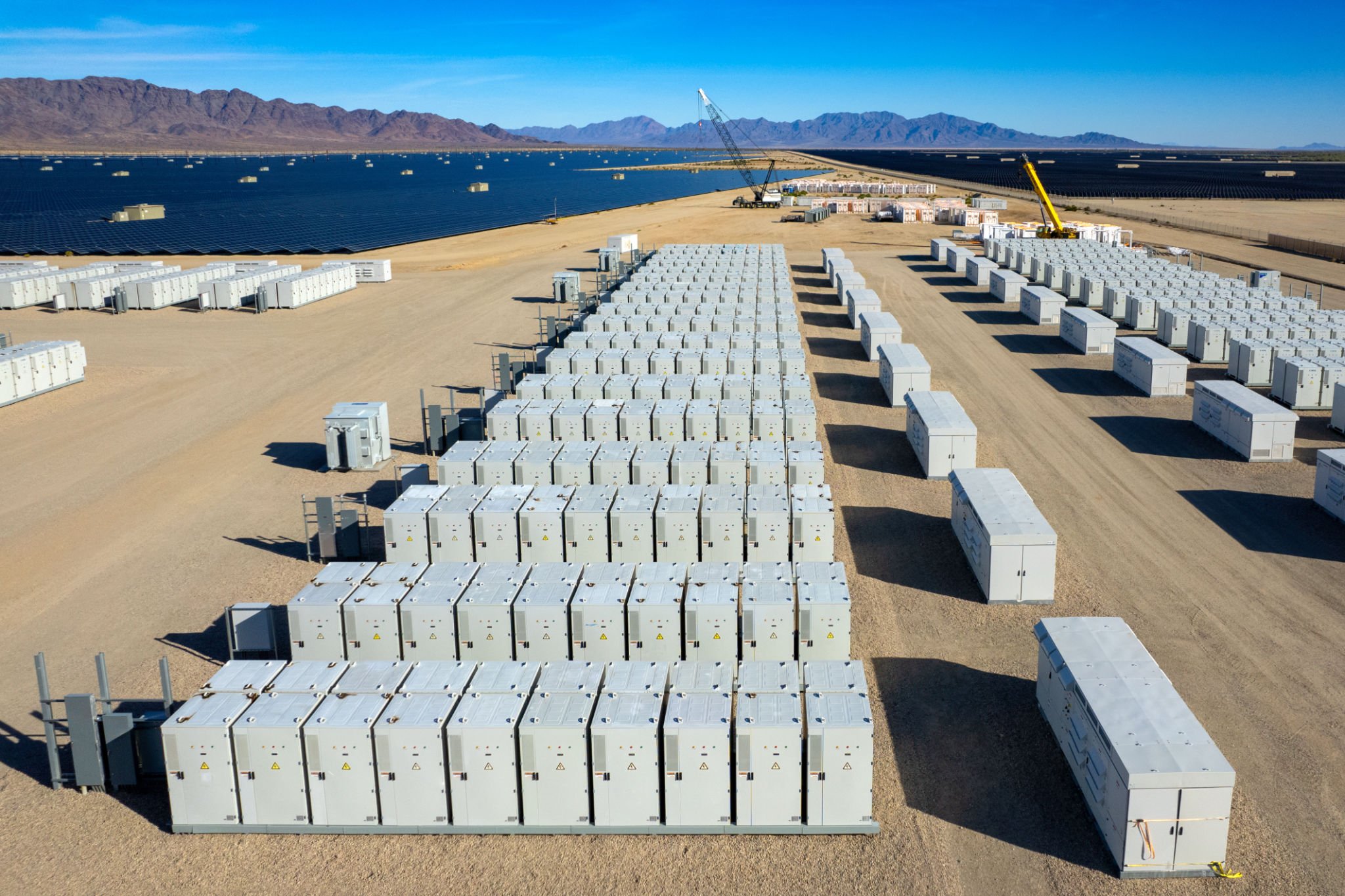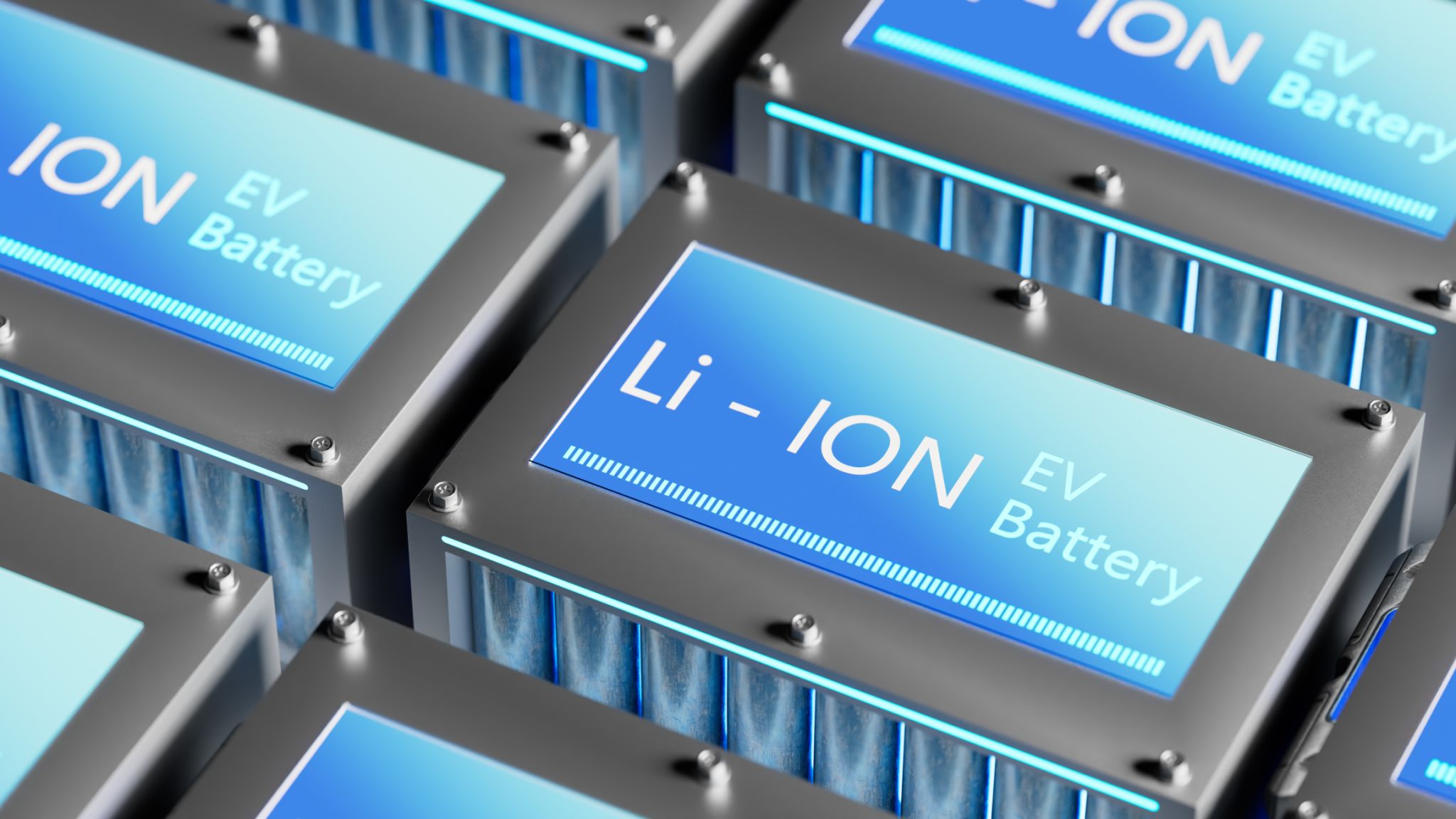Debunking Myths About Battery Energy Storage Systems
Understanding Battery Energy Storage Systems
Battery energy storage systems (BESS) have become increasingly popular as a solution for renewable energy management and grid stability. However, despite their growing adoption, several myths and misconceptions persist. By debunking these myths, we can better appreciate the role BESS plays in our energy future.

Myth 1: Battery Storage Is Only for Large-Scale Applications
One common misconception is that battery storage systems are only viable for large-scale, industrial applications. In reality, BESS can be tailored to fit a wide range of needs, including residential, commercial, and community-based projects. Homeowners can benefit from smaller systems that store solar energy for use during peak hours or when the grid is down.
For businesses, BESS can provide backup power and help manage energy costs by storing electricity during off-peak times when rates are lower. This adaptability makes battery storage systems versatile tools for various applications, not just limited to large enterprises.
Cost Considerations and Affordability
Another prevalent myth is that battery storage systems are prohibitively expensive. While initial costs can be significant, the long-term benefits often outweigh these expenses. Over time, BESS can lead to substantial savings by reducing reliance on the grid and lowering electricity bills.

Additionally, as technology advances and production scales up, the cost of battery storage systems continues to decrease. Numerous financial incentives and rebates are also available to help offset the initial investment, making BESS more accessible than ever before.
Myth 2: Battery Storage Is Inefficient
Some skeptics argue that battery storage systems are inefficient due to energy losses during charging and discharging. While it's true that no system is 100% efficient, modern battery technologies have made significant strides in minimizing these losses. Lithium-ion batteries, for example, boast efficiency rates of around 85-95%, making them a highly effective solution for energy storage.

Moreover, ongoing research and development are continually improving the efficiency of battery storage systems. Innovations such as advanced control software and better battery chemistries promise even greater performance in the future.
Environmental Impact of Battery Storage
A common concern is the environmental impact of battery production and disposal. While it's true that batteries have an ecological footprint, it's important to consider the overall lifecycle impact. BESS can significantly reduce carbon emissions by optimizing renewable energy use and decreasing reliance on fossil fuels.
Furthermore, recycling programs and advancements in sustainable materials are helping to mitigate the environmental impact of battery production and disposal. As a result, BESS contributes positively to a greener energy landscape.
Myth 3: Battery Storage Is Not Reliable
The reliability of battery storage systems is often questioned due to concerns about performance degradation over time. However, advancements in technology have greatly improved the durability and lifespan of modern batteries. Typically, lithium-ion batteries have a lifespan of 10-15 years, with many manufacturers offering warranties to guarantee performance.
Regular maintenance and proper management can further extend the life of a BESS. By following recommended guidelines, users can ensure their battery systems remain reliable and efficient throughout their operational life.